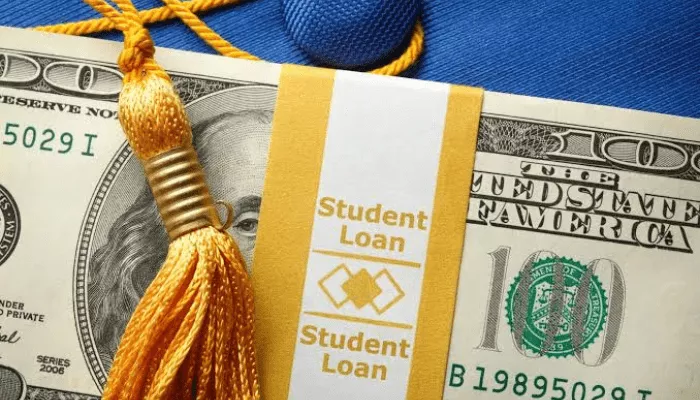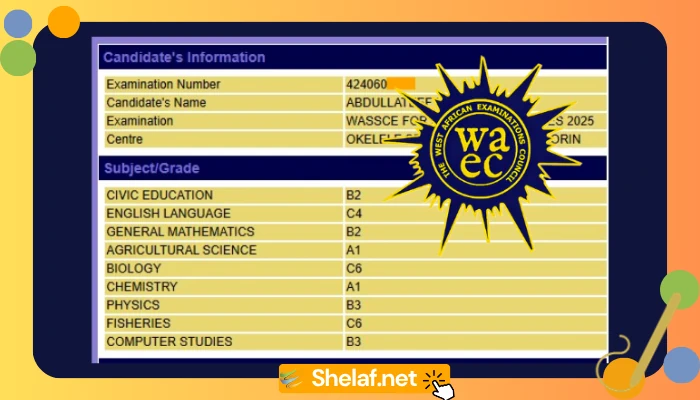University education in Nigeria has long been a dream deferred for millions. The barrier isn’t a lack of ambition but the steep cost of tuition and living expenses. Now, the Nigerian Education Loan Fund (NELFUND) is changing that reality. In just under three months, the scheme has pumped a massive ₦86.3 billion to nearly half a million students.
As a key piece of President Bola Tinubu’s Renewed Hope Agenda, NELFUND is looking to be more than just a funding pipeline; it’s an attempt to rewrite the future for a generation of Nigerian learners.
Contents
A Landmark Disbursement: Analyzing the Numbers
Fresh data from NELFUND’s official daily status report paints a striking picture as of August 6, 2025. The total disbursed sits at a staggering ₦86,347,458,384. The speed of this operation is notable, with interest in the scheme showing no signs of slowing down.
Here’s a quick look at the core numbers:
- Total Beneficiaries: 449,039 students.
- Total Registrations: 731,140 students.
- Total Applications: 720,732 students.
On average, the portal is seeing about 933 new registrants and over 1,000 new successful applicants every single day.
So, where is the money going?
NELFUND’s strategy is twofold, tackling the financial pressures of student life from both ends.
- Tuition Fees: ₦47.6 billion has been wired directly to 218 federal and state-owned universities and polytechnics. Paying the institutions directly cuts out intermediaries and ensures the money is used for its intended purpose: keeping students in school.
- Student Upkeep: ₦38.7 billion has gone straight into the students’ own bank accounts. This is arguably the most critical part of the scheme. It’s a direct lifeline for accommodation, food, transport, and books—the real-world costs that often force students to drop out, regardless of tuition.
The Digital Handshake: A Smooth Application Process
What’s turning heads, especially in tech circles, is the portal’s efficiency. A 98% application success rate for a new government digital platform is almost unheard of. It suggests a user-friendly design that has managed to avoid the bureaucratic bottlenecks that plague many online government services. This smooth digital handshake has been vital in getting the funds to students quickly and building trust in the program.
The Bigger Picture: An Investment in People
Beyond the balance sheets, NELFUND is a key play in the government’s ‘Renewed Hope Agenda.’ The goal is simple: invest in people. An interest-free loan for education is a direct bet on the nation’s youth, aiming to build a more skilled and innovative workforce from the ground up. It’s a policy designed to boost social mobility, giving bright students from all financial backgrounds a genuine shot at success.
But Let’s Be Realistic: Challenges on the Horizon
The scheme’s impressive start doesn’t guarantee a flawless future. Serious questions remain, and the long-term success of NELFUND will depend on how it handles these ongoing challenges.
- Is it sustainable? The fund’s health depends entirely on a working repayment system. With repayments for graduates starting two years after NYSC, a seamless, efficient collection process is non-negotiable. Without it, the fund won’t be around for the next generation.
- Can it scale? Reaching nearly half a million students is a great start, but it’s still just a fraction of those eligible. The next test is scaling up to include more students, including those in private institutions, without buckling under the weight.
- What About Jobs? A student loan is only as good as the borrower’s ability to repay it. The program must be paired with real economic policies that create jobs. Otherwise, Nigeria risks graduating a generation of students into debt with no income.
Conclusion: A Promising Bet on Nigeria’s Future
NELFUND is undeniably one of the most significant social investment programs Nigeria has seen in years. The rapid disbursement has provided a lifeline to hundreds of thousands. Its real test, however, will be in its sustainability and its true impact on the job market years from now. For the moment, it stands as a bold and necessary bet on the nation’s most valuable asset: its people.










